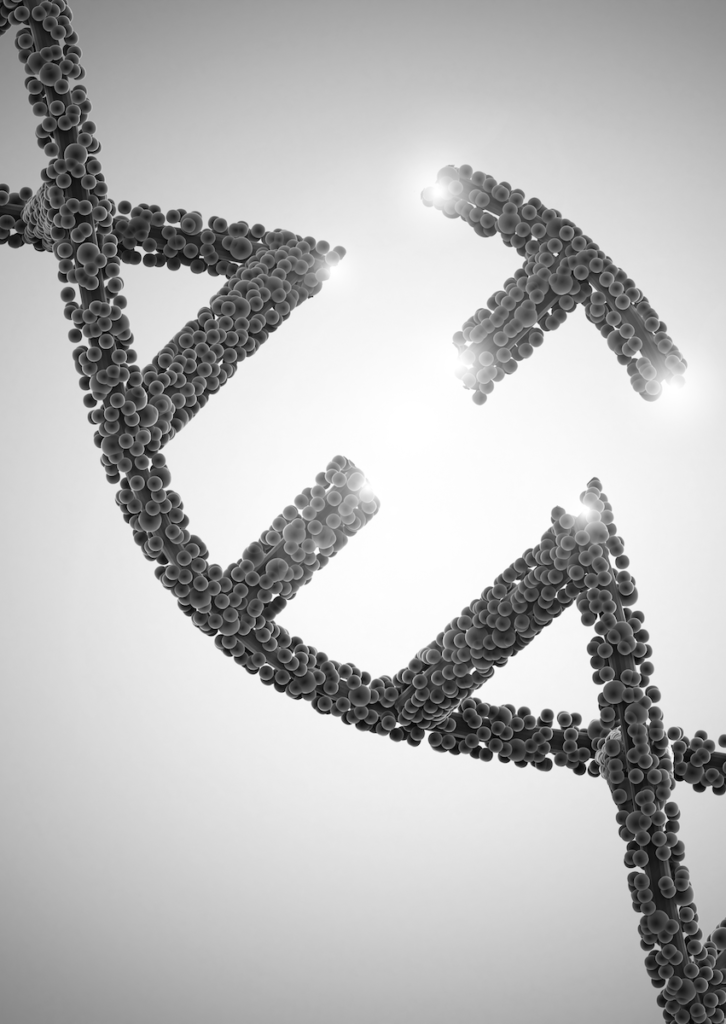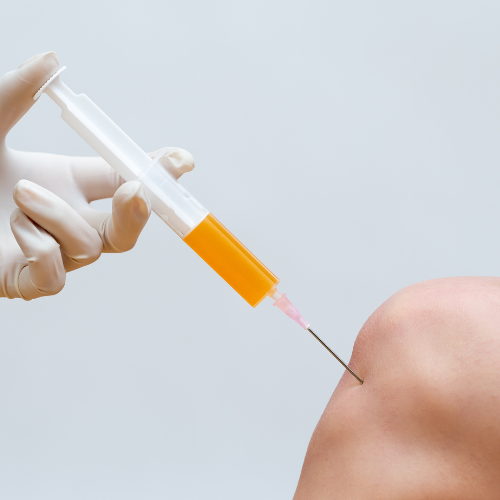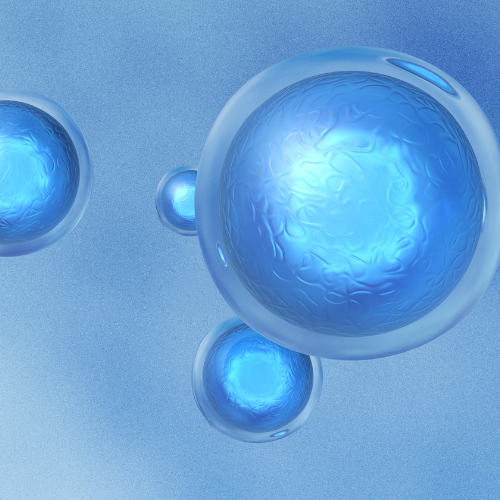

Regenerative Medicine
Regenerative Medicine
Regenerative medicine promotes healing and relief in orthopedic conditions by harnessing the regenerative properties of naturally occurring tissue.
Using a minimally invasive approach, connective tissue supplementation provides patients an alternative to surgery, promoting long-term pain relief and function.

Regenerative Medicine
The Significance of Regenerative Medicine: Undoubtedly one of the most advanced and promising treatments available, regenerative medicine utilizes naturally occurring tissue from the body, offering patients a less invasive alternative to surgery. This approach often provides superior long-term pain relief and healing compared to surgical interventions, addressing a broad spectrum of conditions, from chronic back pain to inflammation in joints and tissues.
The Regenerative Medicine Process: Utilizing healthy tissues from either the patient or a donor, regenerative medicine optimizes bodily functions. With multiple therapy options available, we can administer the product directly into specific pain or inflammation sites, tailored to the individual needs of each patient.
Achieving Positive Outcomes: Regenerative medicine injections are predominantly employed for conditions that have not responded adequately to conventional treatments. As supported by authoritative sources, regenerative medicine treatments prove effective in addressing various issues such as rotator cuff injuries, tennis elbow, knee sprains, joint osteoarthritis, and spinal conditions including chronic neck and back pain.
Common conditions and injuries we treat using PRP therapy:
- Hand arthritis
- CMC (thumb) arthritis
- Carpal Tunnel Syndrome
- Trigger finger
- Wrist arthritis
- Instability of the wrist
- Cervical osteoarthritis
- Lumbar osteoarthritis
- Herniated/bulging discs
- Neck strain or back strain
- Spinal stenosis
- Cervical radiculopathy
- Degenerative disc disease
- Sciatica
- Shoulder arthritis
- Rotator cuff tear
- Labral tear
- Rotator cuff tendonitis
- AC joint separation
- Recurrent shoulder dislocations
- Arthritis of the elbow
- Elbow instability
- Lateral epicondylitis (Tennis Elbow)
- Medical Epicondylitis (Golfer’s Elbow)
- Arthritis of the knee
- Meniscus tear
- Sprain
- Knee instability
- Bursitis
- Patellofemoral Syndrome
- Hamstring Tendinopathy
